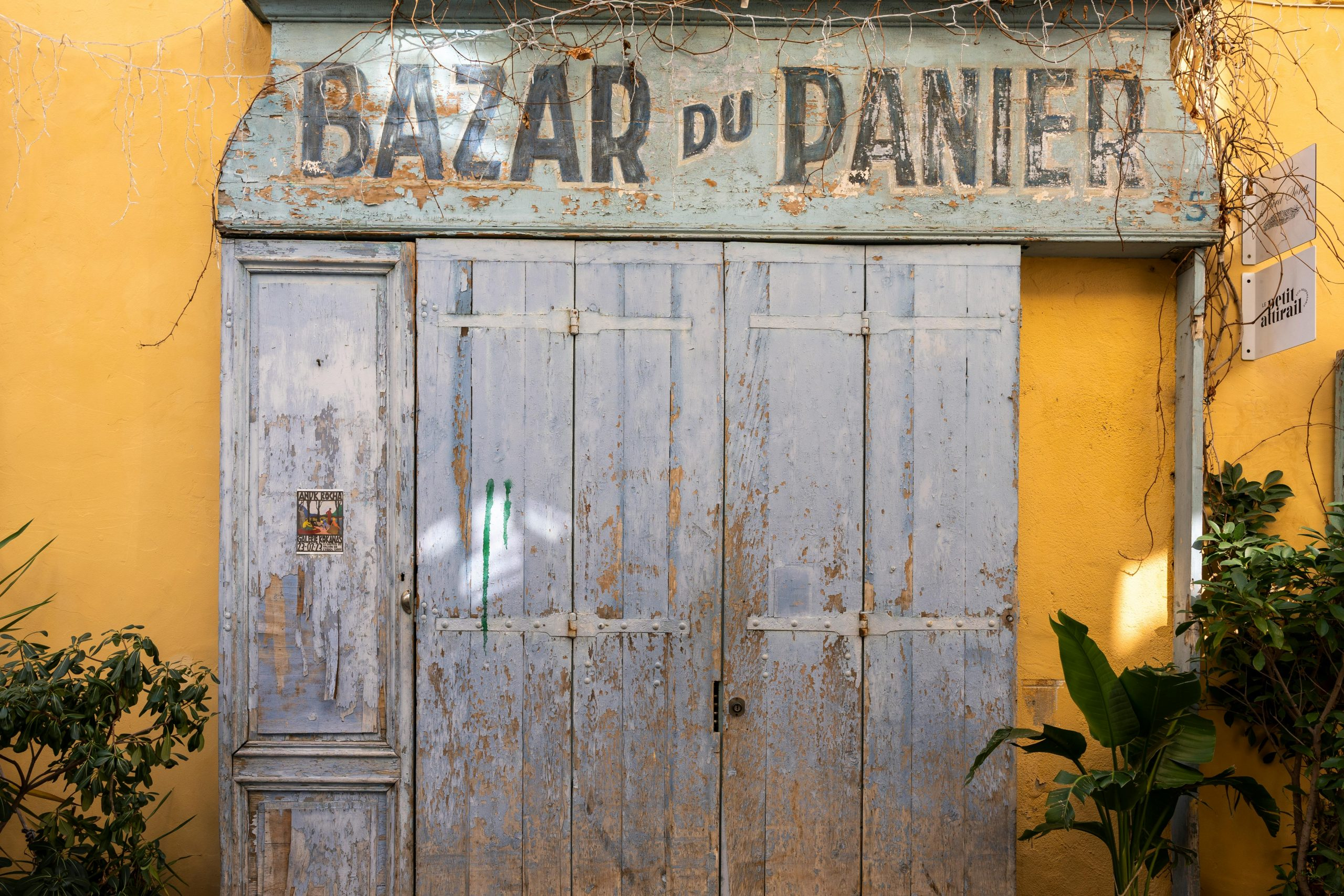Real Estate and Cultural Preservation: Maintaining Neighborhood Character
In the fast-paced world of real estate, it can be easy to overlook the importance of preserving a neighborhood’s cultural character. As new developments and modern architecture continue to shape our cities, the unique charm and character of historic communities can often be lost. However, it’s crucial to recognize the value of maintaining a neighborhood’s cultural identity. Not only does it contribute to the thriving tourism and local economy, but it also enhances the sense of community and helps to create a sense of belonging for residents. In this article, we will explore the importance of preserving neighborhood character in the real estate industry, and how it can be achieved while still allowing for growth and development.
Understanding Neighborhood Character
When we talk about neighborhood character, we are referring to the overall look, feel, and essence of a community. It encompasses everything from the architecture and physical features to the people, traditions, and history of a specific area. Neighborhood character is what makes each community unique and distinguishes it from others. It’s what draws people in and makes them want to call it their home.
The Impact of Real Estate Development on Neighborhood Character
Real estate development plays a significant role in shaping the character of a neighborhood. As developers strive to build the latest and most modern structures, they often disregard the existing cultural elements of the community. This can lead to the erasure of history and diminishing of the neighborhood’s charm. It’s essential for developers to recognize the value of preserving a neighborhood’s character and how it can positively impact their projects in the long run.
The Benefits of Preserving Neighborhood Character
The preservation of neighborhood character has numerous benefits, making it a crucial aspect of the real estate industry. Firstly, it attracts tourists and boosts the local economy. People are drawn to neighborhoods that offer a unique experience and a glimpse into the past. This can lead to an increase in tourism and spending in local businesses, ultimately benefitting the community.
Moreover, preserving neighborhood character can also have a positive impact on the real estate market. Properties in historic neighborhoods are often in high demand, with buyers willing to pay a premium for the charm and authenticity of the area. By maintaining the character of a neighborhood, developers can create a sense of exclusivity and desirability, ultimately leading to increased property values.
Strategies for Maintaining Neighborhood Character in Real Estate
So, how can developers ensure they maintain a neighborhood’s character when undertaking new projects? Here are a few strategies to consider:
Prioritize Preservation in Development Plans
One of the most effective ways to preserve neighborhood character is to make it a priority in the initial development plans. Developers should work closely with planning officials and local committees to ensure that proposed projects align with the historical and cultural elements of the community. This could include incorporating architectural styles and building materials that are in line with the area’s character.
Utilize Adaptive Reuse and Renovation
Adaptive reuse and renovation are popular techniques used in real estate to preserve historic buildings and structures. Instead of tearing down and rebuilding, developers can repurpose existing structures to fit their needs while still maintaining the neighborhood’s character. This could include converting a historical building into residential units or using traditional design elements in new constructions.
Incorporate Community Involvement
Developers should involve the local community in the development process to understand their needs and concerns. By engaging with residents, developers can gather valuable insights on the neighborhood’s history and character and incorporate them into their projects. This also fosters a sense of ownership and pride in the community, leading to better preservation of the neighborhood’s character.
The Bottom Line
In conclusion, preserving a neighborhood’s character is crucial for maintaining its unique identity and ensuring its long-term success. The real estate industry has a responsibility to recognize the value of cultural preservation and work towards finding a balance between growth and maintaining the character of a community. By implementing effective preservation strategies, developers can create thriving neighborhoods that attract both residents and tourists, benefitting both the industry and the community as a whole.











